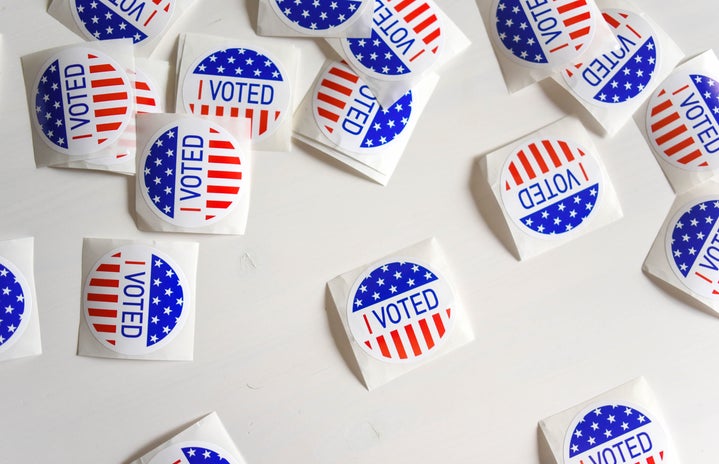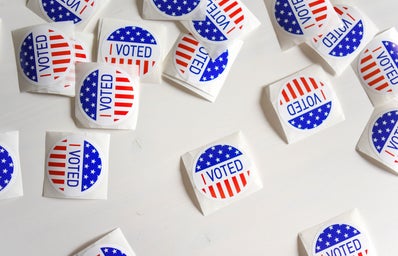Politics may be a really hard topic to discuss nowadays. The whole world seems to have an opinion about it but, at the same time, no one really knows what they are talking about. And with fake news rising on social media, it’s harder than usual to believe in what is true and what isn’t.
In 2020, elections are more trendy than ever. You can’t escape from the subject, everyone is worried about who they will elect, and one of the good old ways to know more about the candidates is watching all the debates. Maybe seeing Trump and Biden arguing on public television might discourage you a little bit but don’t worry! It’s only the beginning!
Nowadays, electoral debates are not the only way to get to know the candidates: social media is getting stronger, and in between the pandemic, they’re getting even more powerful than in the last couple of years. Nicole Fusco (26), graduated in journalism at Faculdade Cásper Líbero and Jovem Pan’s reporter, explains that social media is a great way to know more about the candidates, but it may be a really shallow speech. “ In social networks you control what you do want to post and what you don’t. That way, it is much easier to select what you want to show. In the electoral debate, it’s not like that because it is unpredictable. You see people’s emotional intelligence when it is triggered by other candidates in live, so evaluating them and their behaviour only through social media tends to be fake.”
With that in mind, let’s get down to business! What should you pay attention in a debate?
- The proposals
-
The first thing you should do is see the candidate proposal. Knowing the content behind the debate and paying attention in their speeches is the most important thing. Question yourself: how they are going to do that, with whose money, if, in their position, it’s possible to do what they promised. “Only saying what he is going to do doesn’t matter. It is important to understand which candidate knows the city, for example. How it works, to know where resources will come from. This shows that the candidate is well prepared to actually exercise and execute what he promised”, says the journalist.
- Be aware of the news
-
The second one is to read the newspapers. When you are used to read the news, it’s easier to know more about the candidates not just from a month ago, but years ago. So, when it gets near the elections, you already have a notion in who to vote for. “As someone who didn’t use to read the newspaper, I can say that when I finally did, it really made all the difference for me. I had a boss who made me read the newspaper every single day”, says Nicole. Previous information about the candidates and the political context of the debates is essential to really understand it, without being mislead by any lies debaters may bring up in the discussion.
- Pay attention to what they say they can do
-
And last but not least, the third one is to know the situation of your city and to know the role of the position you’ll be voting for. What does a senator do? What responsibilities are the President’s concern, and so on. Being up to date on the situation in your city, especially on macro topics, such as education, health, security and mobility is extremely important.
Knowing what a counselor, a mayor, a president does is vital, because as much as we talk about health, for example, it is not possible for all politicians to do something for it. It depends on federal and state resources. “Be it a mayor or a counselor, it is important to know if what that person is saying is right. For example, a candidate for mayor cannot speak about the military police, or the subway improvements, because it is up to the state government. If the population doesn’t know that, anything the candidate throws in a debate or social networks, people are gonna believe”, says Nicole.
You see? Understanding politics surely can be kinda tricky, but searching for information and being up to date is already a step forward. Remember to always watch the debates, read the newspaper, know the situation of your city and keep an eye for what each role is capable of achieving. With that being said, our job is done. So vote wisely!
——————————————————————
The article above was edited by Giulia Gianolla.
Liked this type of content? Check Her Campus Casper Libero home page for more!



